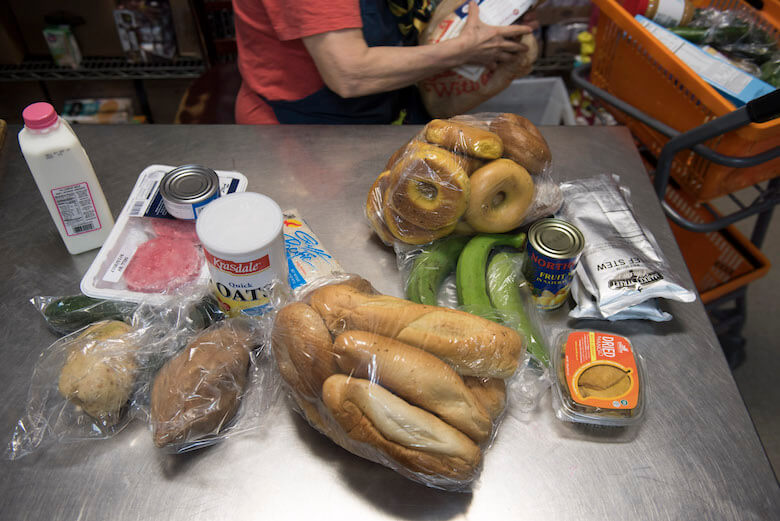
Hunger in NYC has dropped 15 percent over the last six years but remains 15 percent higher than a decade ago before the recession, according to a recent report by Hunger Free America. Formerly the New York City Coalition against Hunger, Hunger Free America was founded in 1983 to enact the policies and programs necessary to end hunger in the U.S.
One in seven city residents, 1.2 million people in total, lived in food insecure homes between 2014 and 2016. Food insecurity, which is a lack of consistent access to food, has decreased sharply for children across the state but has seen an increase for seniors. The Bronx has the highest rates of hunger among the five boroughs with one in four people experiencing food insecurity, while Manhattan is the least hungry borough.
Despite the dip in hunger, city pantry and kitchen usage increased 6 percent in 2017 on top of additional increases over the past three years, and the groups are struggling to keep up with demand. “This report shines a light on the need for a systematic change to the way that we approach hunger in America,” says Cassandra Agredo, executive director of Xavier Mission, a soup kitchen, food pantry and shelter in Manhattan. “A more just and equitable wage structure, comprehensive job training and placement programs and an end to homelessness will all do far more to alleviate hunger than emergency food programs ever will.” In the meantime, however, charitable food programs are a critical stopgap.
Nearly half of the adults who face food insecurity in New York state and city are employed. The number of “working hungry” is down slightly from last year, which Hunger Free America attributes to the increase in minimum wage state and city-wide. Nationwide, the nonprofit found that states who hike minimum wage are less likely to have workers struggling against hunger.
The Senate Tax Bill, which passed along party lines in the wee hours of Saturday morning, is estimated to increase the burden on Americans in poverty and exacerbate hunger. Based on data from the Congressional Budget Office, Hunger Free America estimates that people in poverty will pay an average of $3,448 more in taxes, increasing the total tax burden on Americans in poverty by $140 billion. According to the USDA, families facing food insecurity spend $520 less per year on food per person than non-hungry families, and this additional tax burden will further reduce the money available for food.
“The Senate GOP Tax Bill creates an upside down reality in which the poorest Americans would need to pay more in taxes and for health care in order to fund tax breaks for billionaires,” says Joel Berg, CEO of Hunger Free America. “This additional burden would make U.S. poverty, hunger and homelessness further soar.” The Trump administration has also proposed deep cuts of $192 million to the Supplemental Nutrition Assistance Program (SNAP) over the next 10 years. More than 1.6 million New York City residents rely on SNAP benefits, and cuts would cause more people to struggle with hunger.
SaveSave



